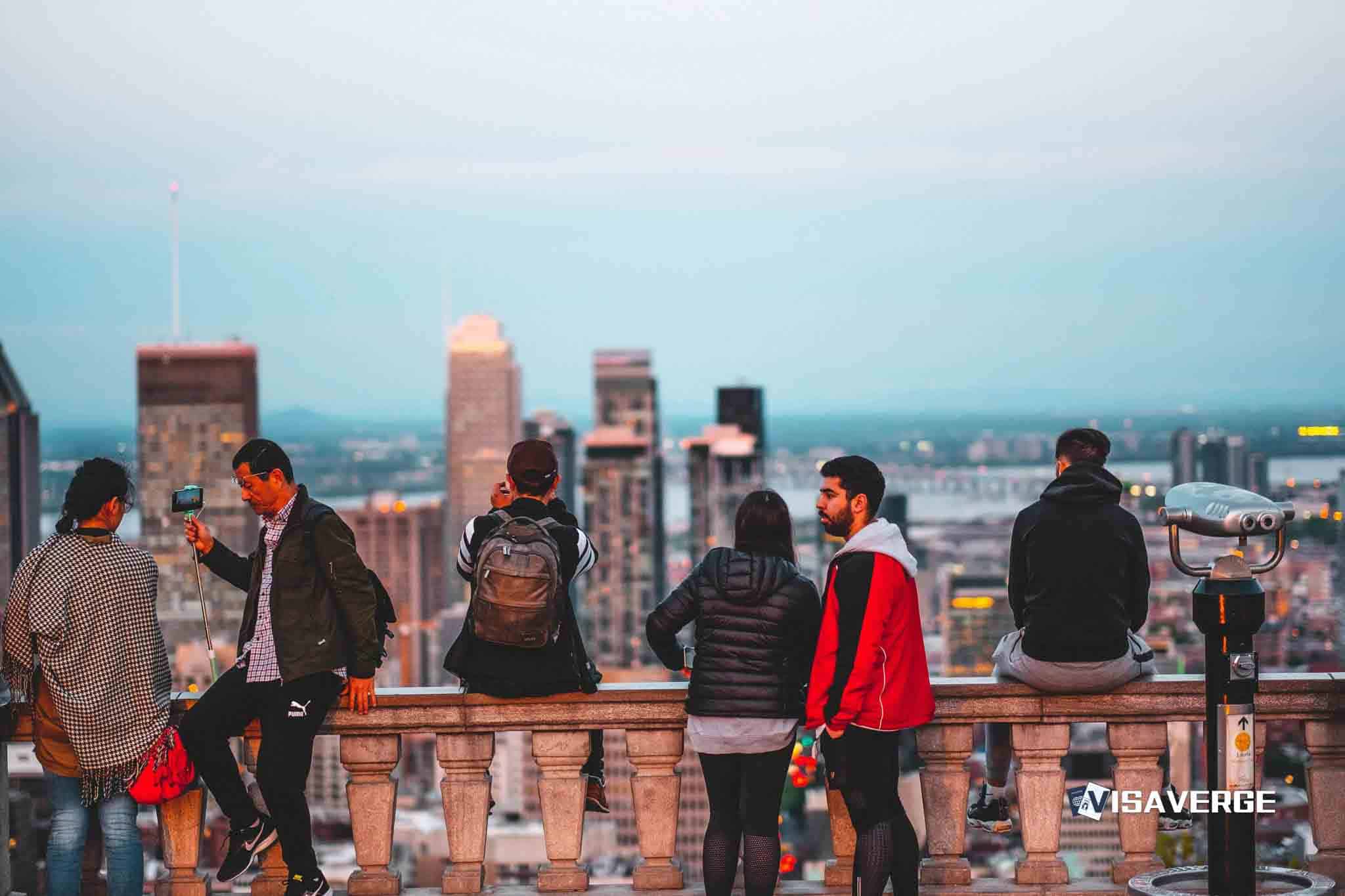Key Takeaways
- The CHNV Parole program permits temporary U.S. entry for Cubans, Haitians, Nicaraguans, and Venezuelans but lacks long-term residency paths.
- Limited to two years, CHNV parole doesn’t extend or renew, requiring alternative immigration options to avoid deportation.
- Immigration experts emphasize reform for permanent residency while addressing broader humanitarian and security policy challenges.
The CHNV Parole program, introduced by the Biden administration, allows individuals from Cuba 🇨🇺, Haiti 🇭🇹, Nicaragua 🇳🇮, and Venezuela 🇻🇪 to enter the U.S. for two years under humanitarian parole. This plan aims to create a safe passage to the U.S., helping reduce irregular migration and meeting humanitarian needs. However, since this program is temporary, it doesn’t offer a path to permanent residency or citizenship.
The CHNV parole grants last for two years. As these terms come to an end, recipients must find other legal ways to stay or face possible deportation. Importantly, unlike programs for Afghan and Ukrainian refugees, there are no plans for extending or renewing CHNV parole. To qualify for this opportunity, one needs a sponsor in the U.S. and must pass a security check. Unfortunately, this does not promise any long-term immigration status, leaving many in an uncertain position once their parole ends.

However, there are other avenues to explore. Temporary Protected Status (TPS) is one option, offering temporary relief from deportation and work permits. Currently, Haitians and Venezuelans have access to TPS if they meet certain conditions. Asylum is another option for those who can prove persecution based on race, religion, nationality, political opinion, or belonging to a certain social group. This path is complicated and requires strong proof. Those with U.S. relatives may also look into family-based immigration options, though these take time and specific eligibility.
The authority to grant parole lies with the Secretary of Homeland Security, who can do so for urgent humanitarian needs or significant public benefit. This grant allows temporary stay but doesn’t lead to permanent resident status. The decision by the Biden administration not to extend CHNV parole highlights broader trends in immigration policy that balance humanitarian needs and border security. While some praise this approach for reducing illegal crossings, others criticize it for not offering lasting solutions.
Economic problems and political challenges in the home countries of migrants add pressure to the migration situation. The CHNV program fits into a larger plan to manage these pressures while keeping borders secure. Within the U.S., immigration policies like CHNV face scrutiny amid political tensions, with some calling for more humane approaches and others pushing for stricter controls.
Insights from immigration experts highlight these issues. Immigration lawyers stress the need for detailed reform to provide clear paths for parolees to become permanent residents. Policy analysts note that while programs like CHNV help in the short term, it’s crucial to find lasting solutions. Human rights advocates urge policies that protect vulnerable groups in line with international human rights norms.
The path U.S. immigration policy will take remains uncertain as it balances humanitarian duties with legal frameworks. As political and social conditions change, so will the pressures on its immigration systems. The CHNV program tests how temporary solutions can work within larger strategies. Although this parole offers immediate help to many migrants, it is crucial to explore long-term residency options. Continuous changes in U.S. immigration policy will need to tackle such complexities amid ongoing debates. For official information, visit the U.S. Citizenship and Immigration Services website. As reported by VisaVerge.com, finding sustainable solutions is key in adapting to these evolving dynamics.
Learn Today
CHNV Parole: A temporary program allowing citizens from Cuba, Haiti, Nicaragua, and Venezuela to enter the U.S. under humanitarian reasons.
Temporary Protected Status (TPS): A U.S. immigration status granting deportation relief and work permits to eligible nationals from designated countries facing crises.
Asylum: A legal protection for individuals persecuted based on race, religion, nationality, political opinion, or social group, granting refuge.
Sponsor: A U.S.-based individual or organization who supports an applicant’s petition for legal entry or stay by assuming financial and legal responsibility.
Secretary of Homeland Security: U.S. government official with authority to administer immigration laws, including granting parole for urgent humanitarian needs.
This Article in a Nutshell
The CHNV Parole program, by the Biden administration, offers temporary relief for migrants from Cuba, Haiti, Nicaragua, and Venezuela. While it addresses immediate humanitarian needs and curbs illegal immigration, it lacks pathways to permanent residency, leaving migrants in limbo. Exploring Temporary Protected Status or asylum is crucial for long-term solutions.
— By VisaVerge.com
Read more:
• Travel Rules for I-485 Advance Parole and H-1B Visa Holders
• USCIS to Reboot Fraud-Linked CHNV Humanitarian Parole Program
• Biden’s Immigration Program: Parole in Place for Undocumented Spouses
• Understanding Parole in Place Immigration Program in Canada
• Biden Administration Pauses Parole Program Over Fraud Concerns













